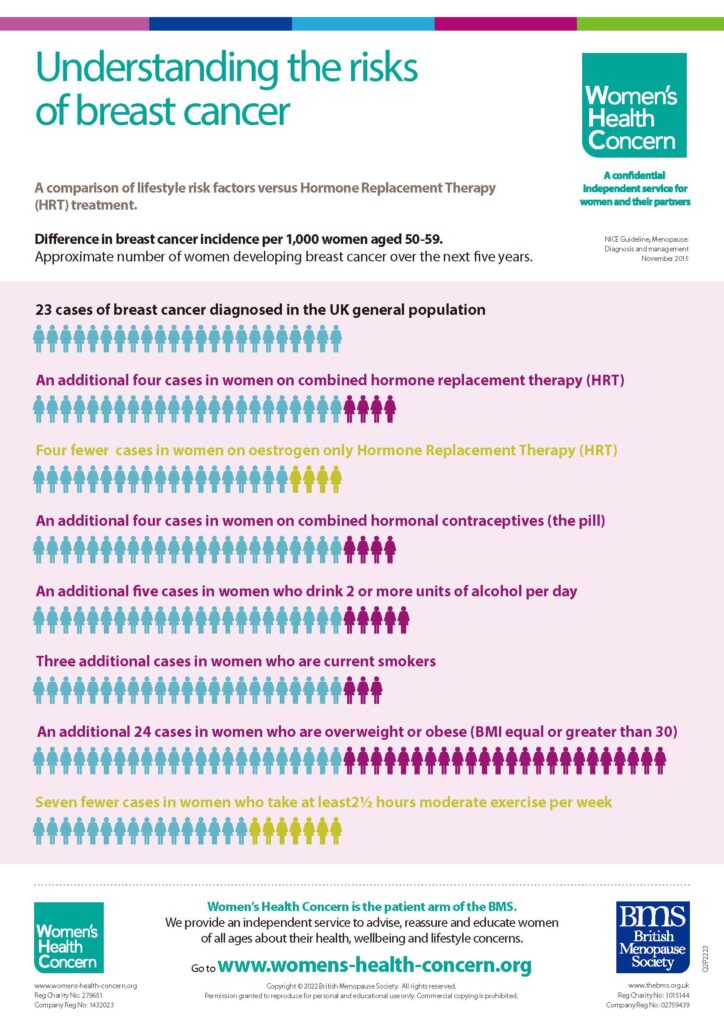The term meno-pause is directly translated as stopping your menstrual cycle. It is defined as the time you have stopped your period for at least 12months. Hence, doctors can only diagnose this retrospectively.
The menopause occurs due to lower level of female hormones being produced and your ovaries stops ovulating eggs each month. The average age a women may go through the menopause commonly ranges between 45-55.
You may hear a lot of people talking about “the menopause” however what they are referring to is the “perimenopause”. This is the period when your female hormones starts to slowly decline, however it does so in a haphazard way in which our body may not like and adjust to. This is when a women may develop symptoms.
Having said that some women may not notice any changes as they enter the perimenopause, whereas some may experience debilitating symptoms that can affect their work and personal life. Some women have reported they have had to leave their job due to their significant symptoms impacting their general performance.
Common Menopausal symptoms include:
Hot flushes (commonly described as a wave of hot air rising from within)
Irritability (can be due to the hot flushes or mood changes on itself)
Mood swings/ increased anxiety/ low mood
Insomnia
Brain fog
Concentration problems
Changes to your period (getting irregular, lighter or heavier)
Muscle aches and Joint pains
Headache- increased migraines
Skin changes- dry and thin
Hair thinning/ hair loss
Reduced libido
Vaginal dryness, itchiness, pain, discomfort during sexual intercourse.
Recurrent urinary tract infections (UTI’s)
Osteoporosis- reduced in bone density – oestrogen is a key ingredient to stimulate bone strength. As a result of the perimenopause your bone may become weaker or more brittle. A DEXA scan can usually tell us if you have weakened bones.
If you think you may be going through the perimenopause you should discuss your symptoms with your GP to get advice early and reduce the impact symptoms have on your health.
The treatments available for managing perimenopausal symptoms can broadly be divided into 2 categories: Non-hormonal versus Hormonal treatment.
- Non-hormonal Treatment include:
- Lifestyle changes- eating healthy, exercise regularly, eating a calcium-rich diet eg, dairy milk, cheese, yoghurt to keep your bones healthy.
- Stop smoking and cut down on your alcohol intake.
- Cognitive Behavioural Therapy- a type of talking therapy to manage mood changes or anxiety. It can also help to manage sleeping problems.
- Herbal remedies- Evening Primrose oil, Dong-Quai, Ginko Biloba, Yam, Black Cohorsh, St John Wort. ALWAYS INFORM YOUR GP IF YOU ARE USING ANY OF THE HERBAL REMEDIES AS SOME MAY CAUSE DRUG INTERACTIONS.
- Antidepressants- to manage mood changes and anxiety.
- Hormone Replacement Therapy (HRT)– the fundamental cause of symptoms in the perimenopausal period is due to the slight dip in the oestrogen hormone. Therefor a replacement of this can alleviate a lot of symptoms. Oestrogen can be delivered in various forms such as:
- oral tablets
- topical gels
- patches
- sprays
If you have an intact womb (uterus), you will also need to take another hormone called progesterone, to counteract the oestrogen effect on the lining of the womb (endometrial lining). This can protect you from getting endometrial cancer.
Progesterone can be delivered as a tablet (taken daily or cyclical depending how your menstrual cycle has been) or delivered through an intrauterine coil called Mirena coil. This coil can also offer contraception, as many women have a misconception that one is not fertile once you are going through the perimenopause.
If you are not sure which options suits you best, our GPs are here to help and advice.
If HRT does not restore your libido, your GP may discuss topical testosterone gel or cream.
Testosterone is widely known to be a “male hormone” however women also need a small amount of this hormone and studies have shown a link between testosterone and sex drive. If you are started on a testosterone, your GP may advice you to do a baseline testosterone level before treatment.
Myths about HRT
Historically there has been a lot of angst regarding HRT and its association with breast cancer. Over the years many studies have refuted this myth. Research now shows that the overall risk of breast cancer associated with HRT are actually less than someone drinking more than 2 units of alcohol daily, or someone who is overweight (BMI >30).








